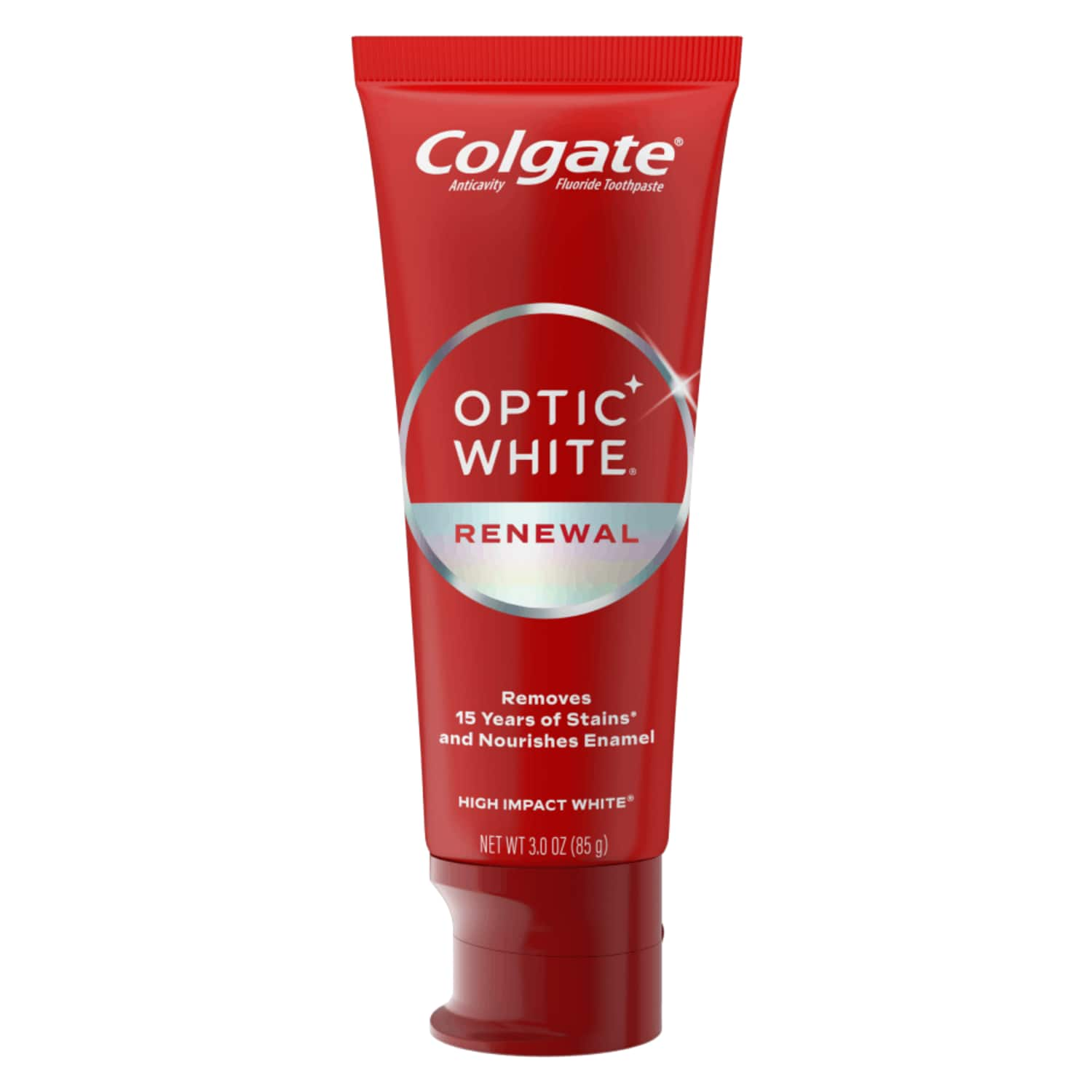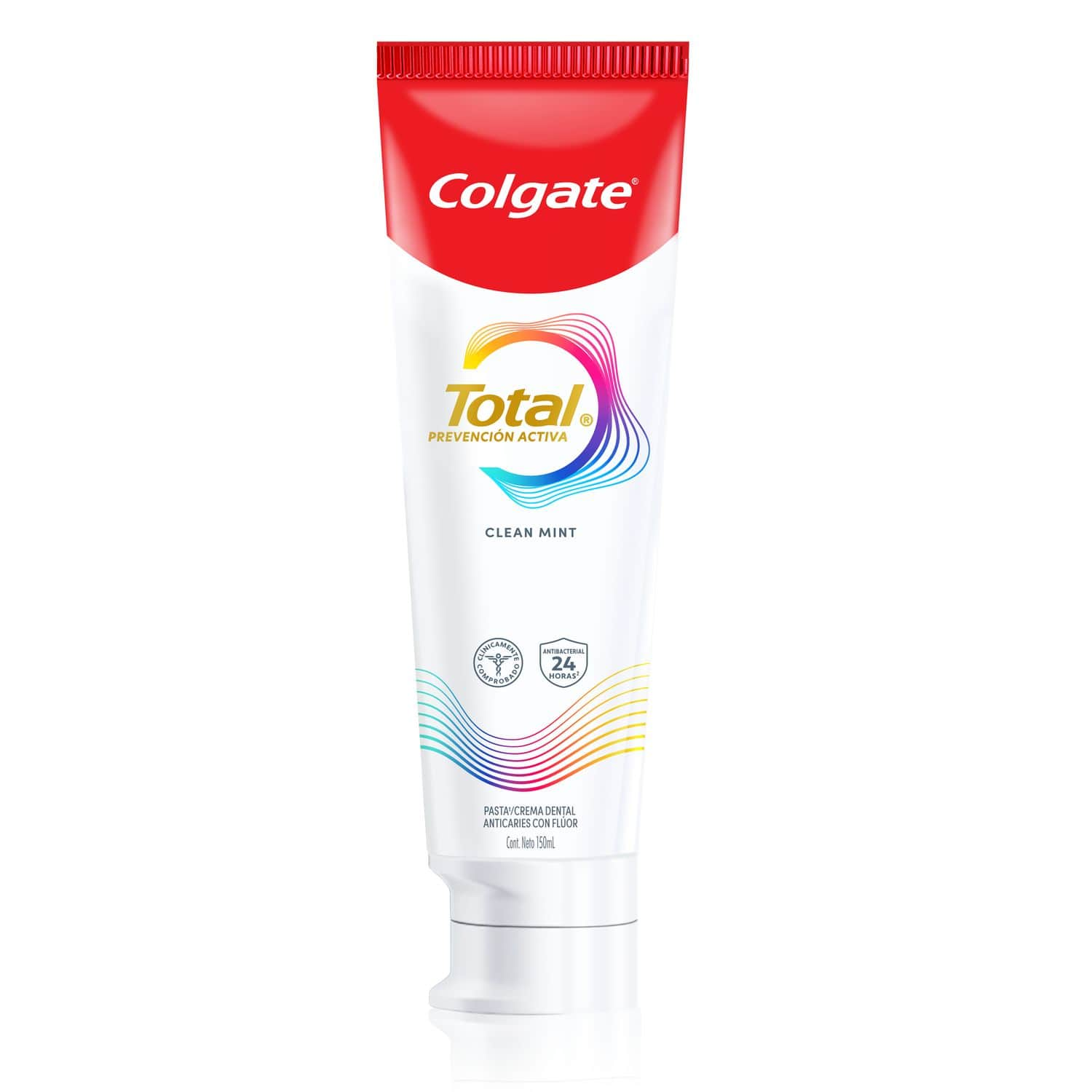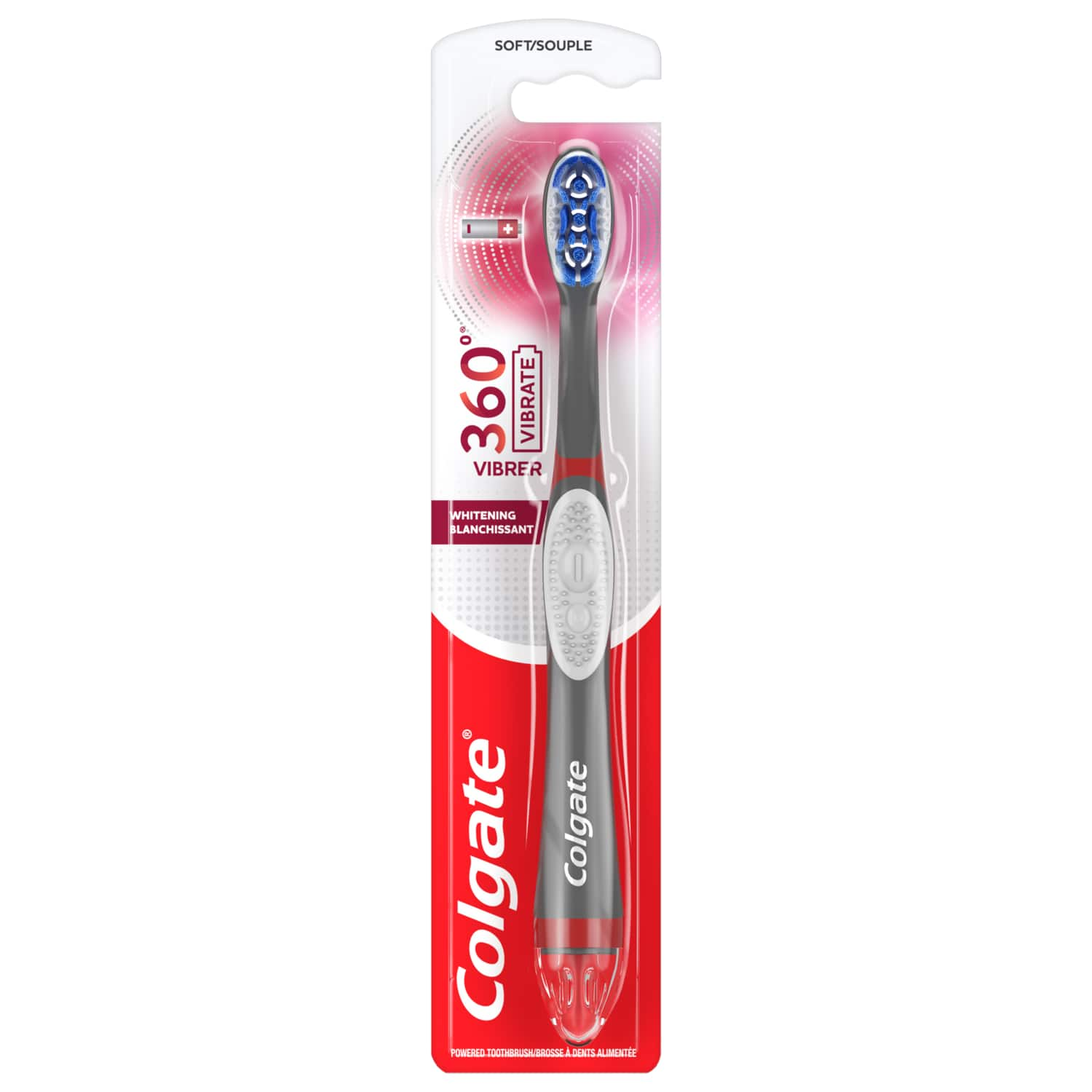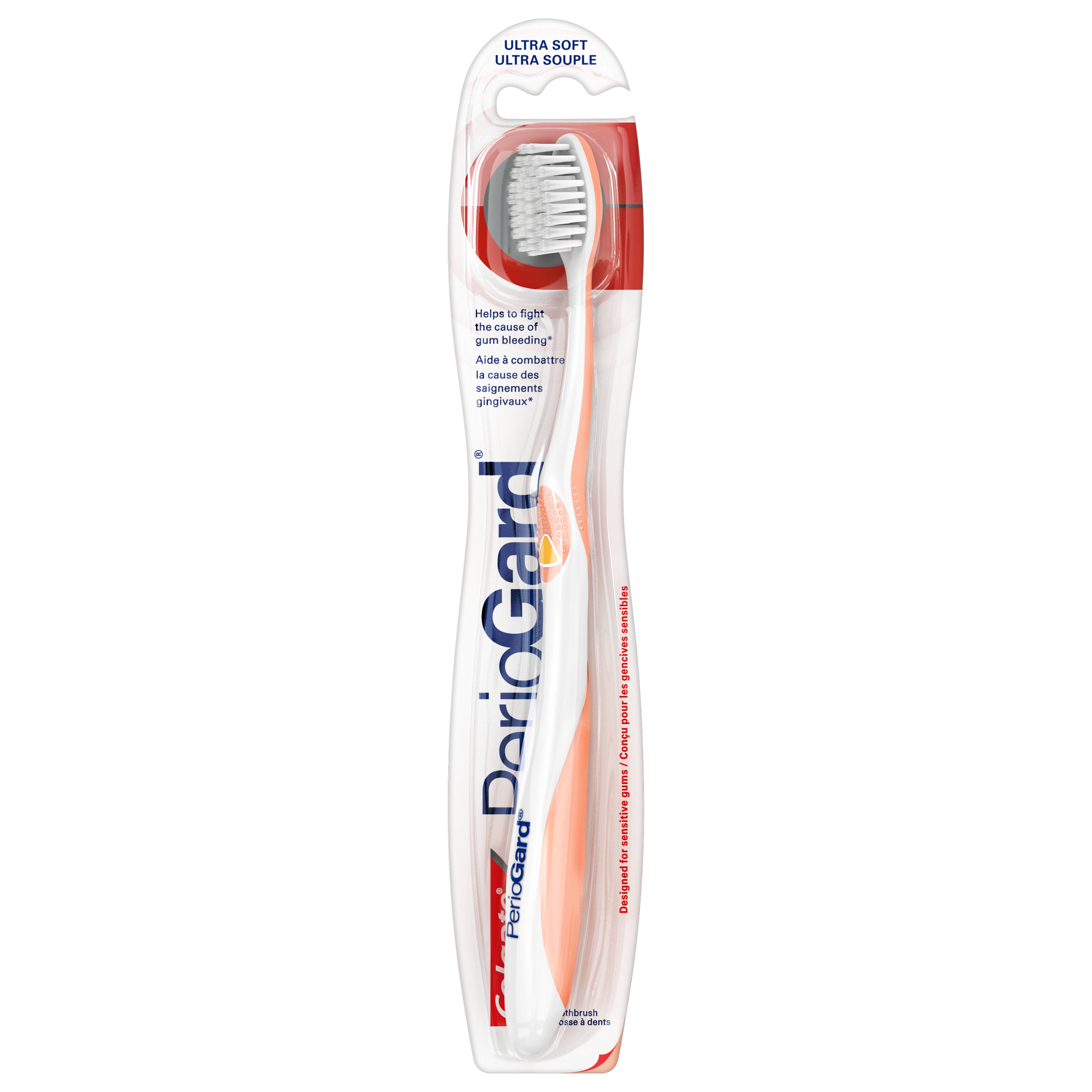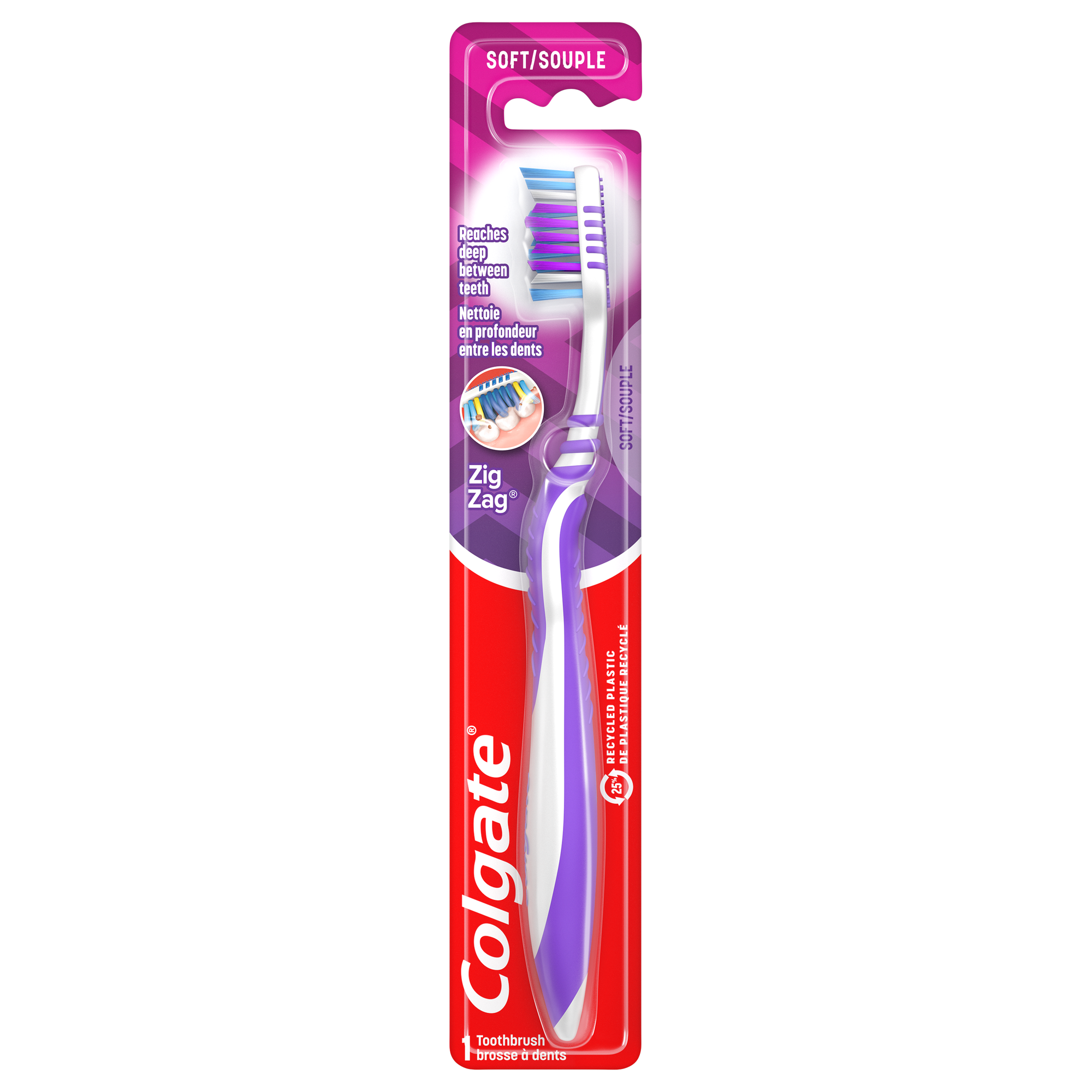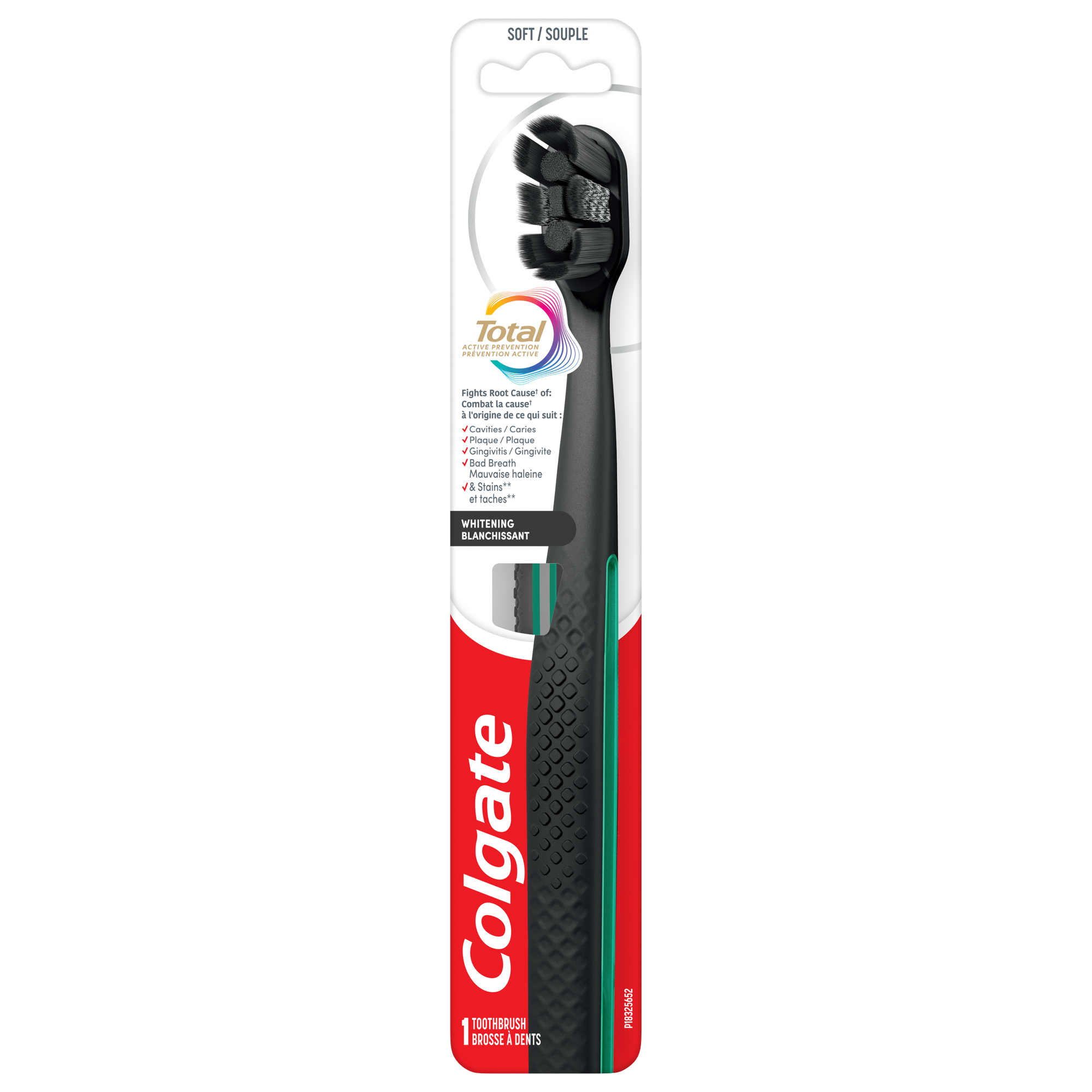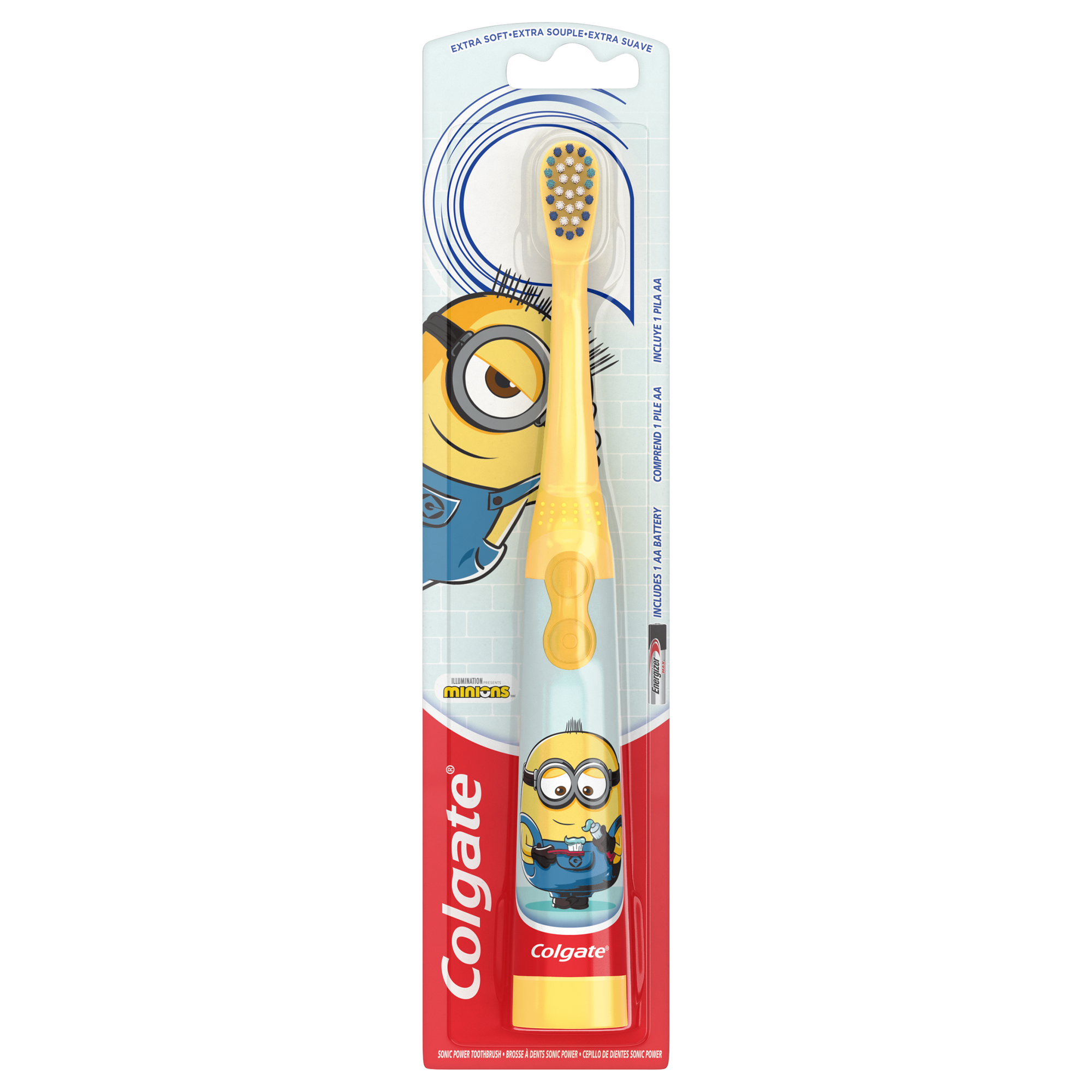-
-

TOOTH SENSITIVITY
What Causes Tooth Sensitivity & How to Treat ItIf you avoid eating cold foods or drinking hot beverages because your teeth are sensitive, it may be time to get...

NUTRITION ORAL HEALTH
How To Limit The Effects Of Sugar On TeethCookies, cakes, candies and sodas – everywhere you go, there are sugary treats to tempt you and your kids. The effects of sugar...
-
Science & Innovation
- ORAL HEALTH CHECK
- PRODUCT MATCH
- Colgate® | Toothpaste, Toothbrushes & Oral Care Resources
- Oral Health
- Dental Fillings Are Durable But Don't Last Forever


It would be hard to make it through adulthood without at least one dental filling. It's normal to get cavities over time from a number of causes, such sugary foods and drinks, lack of fluoride, or poor dental hygiene. Fillings help replace tooth structure lost to decay. However, most fillings don't last forever and will have to be replaced eventually.
How long do dental fillings last?
There are multiple types of fillings made of different materials with varying price points and cosmetic considerations. The Canadian Dental Association suggests asking your dentist which type of filling will work best for you, and what aesthetic and cost implications to consider. Some materials are more durable than others, but none are considered permanent. Both gold and amalgam fillings last a long time without needing correction and can last ten years at the very least. Porcelain and composite fillings can be more fragile — but also more cosmetically appealing.
Why replace a tooth filling?
Constant stress from chewing, clenching, and secondary tooth decay can damage your filling or the tooth around the filling. If a filling chips, cracks or begins to separate from the tooth, decay-causing bacteria can get trapped between the filling and the tooth. This kind of bacteria can't be cleaned away with regular brushing and flossing.
It's important to get a damaged filling treated right away to prevent the bacteria from doing additional damage, such as affecting the nerve. Symptoms of a damaged filling in more advanced states include sharp pain when chewing or intense sensitivity to heat or cold.
How to make your filling last
Of course you know that brushing twice a day and flossing daily is essential to keeping your teeth — especially those with fillings — healthy. Regular visits to the dentist and professional cleanings twice a year are also essential so that he/she can inspect your existing fillings to detect any early problems. Your dentist can also check for weaknesses in the material, as well as do dental X-rays to look for decay under the filling.
Beware of bad dental habits, such as clenching or grinding your teeth. Your dentist might recommend a mouth guard to help prevent damage to your fillings, as well as protect your healthy teeth and jaw.
Don't wait until a filling hurts to start taking care of it. While fillings don't last forever, you can help them last as long as possible with proper care. Next time you're at the dentist, ask to get your fillings checked and ensure they're in good shape.
Related Articles

Do cavity fillings hurt? They shouldn't, although you can expect some tenderness and soreness during the first few days after you get a tooth filled.


If your child has a cavity on the front tooth or you have one yourself, you may be wondering why it happened and how your dentist might treat it.
Related Products

Helping dental professionals
More professionals across the world trust Colgate. Find resources, products, and information to give your patients a healthier future

